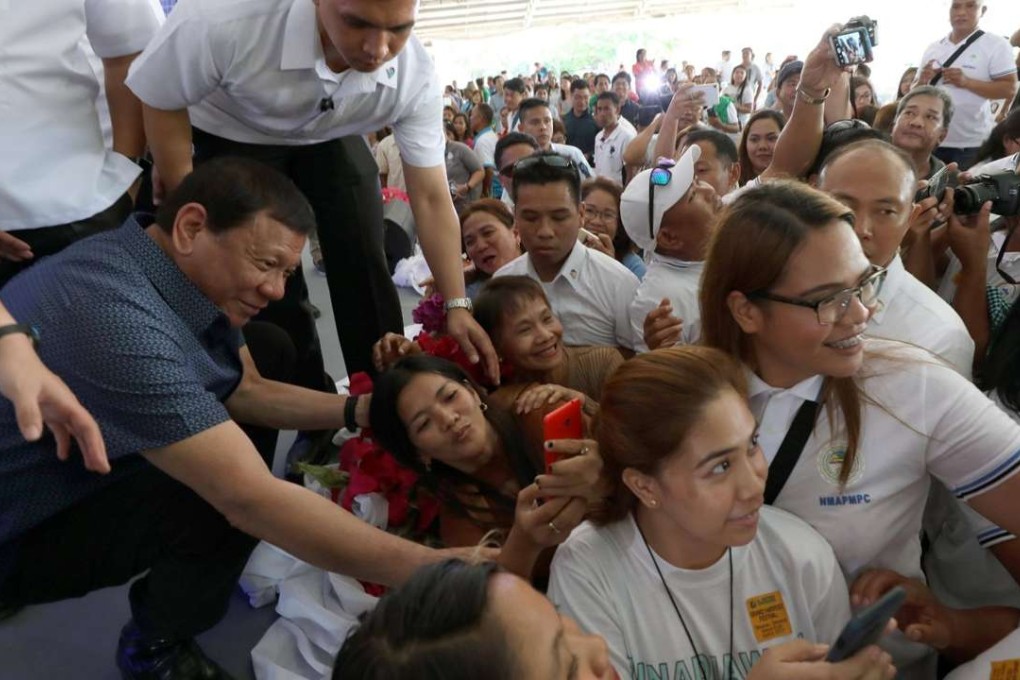Duterte’s drug war is horrifically violent. So why do many young, liberal Filipinos support it?
Despite international allegations of mass extrajudicial executions and an outcry against the recent imprisonment of a political rival, polls indicate Duterte still has the majority of the country behind him

Justin Quirino is a 28-year-old radio disc jockey and events host who is active in Manila’s hip cultural scene. He abhors violence, and says more of his country’s wealth and opportunities should flow to the poor. And he considers himself a supporter of Philippines President Rodrigo Duterte.
“He’s far from perfect,” Quirino said, sitting in a Manila Starbucks. “But I think he’s what the country needs right now.”
Quirino holds a business degree and speaks perfect English, so he knows that recent international coverage of the Philippines has focused on the thousands killed in the “war on drugs” that Duterte launched after taking office last year.
Watch: The Price of Duterte’s war on drugs
“It really hits a nerve when I hear about those deaths. It’s painful. But I think that violence of that kind is unfortunately inevitable when there’s a struggle for power, especially when drug gangs are involved,” he said. “Around this country, you’ll find a blatant disregard of many of our laws, and there’s little to no accountability. We have to change that.”